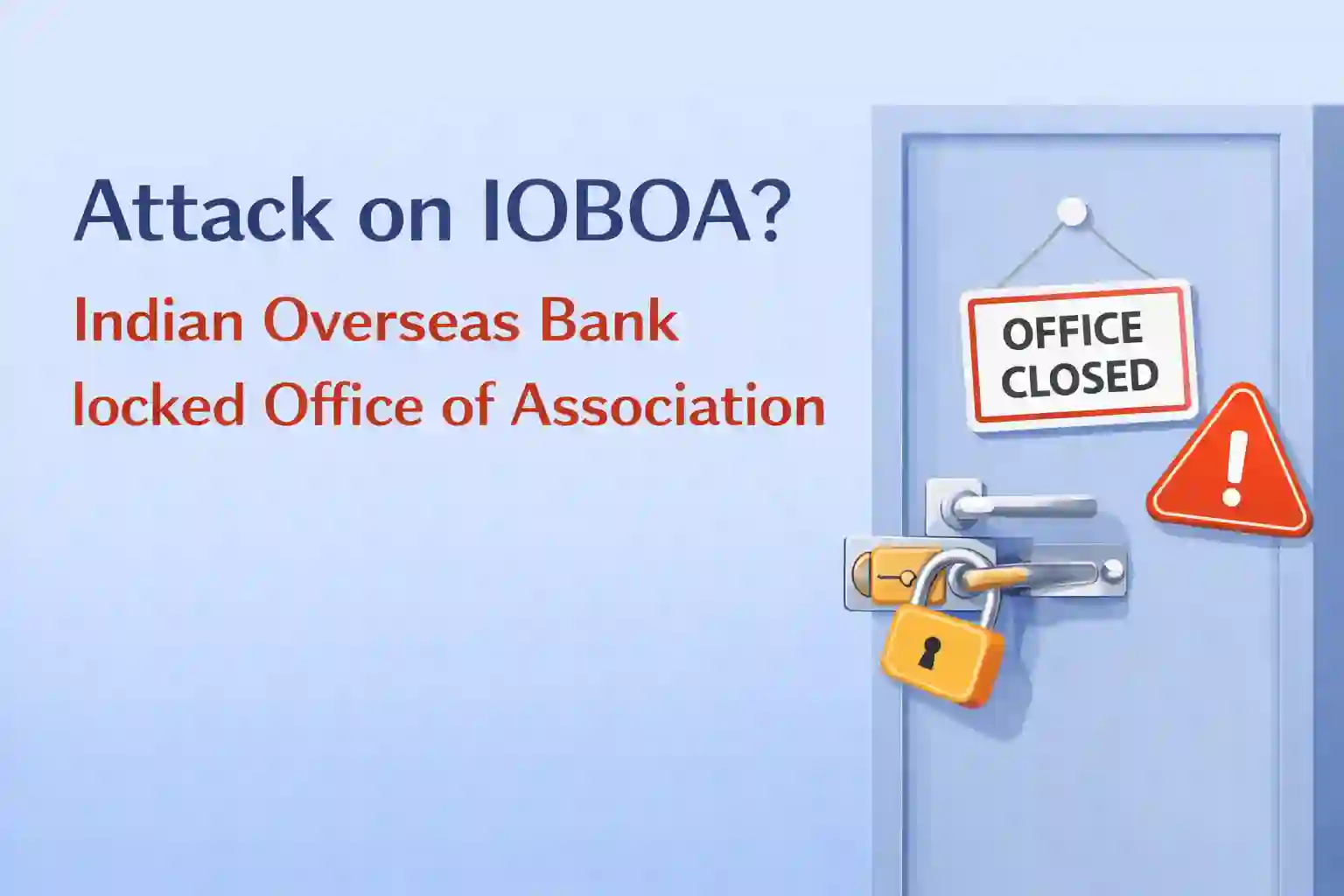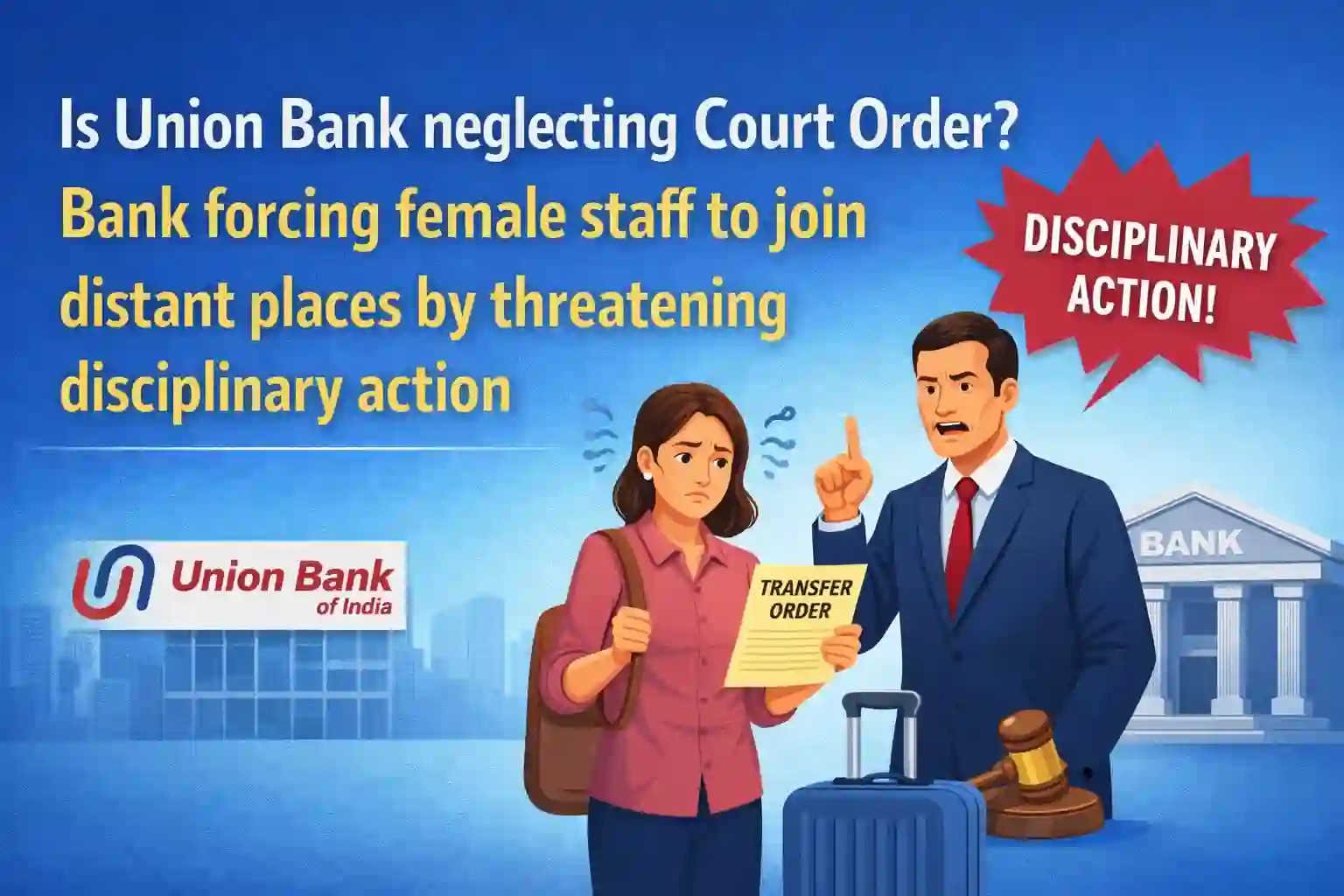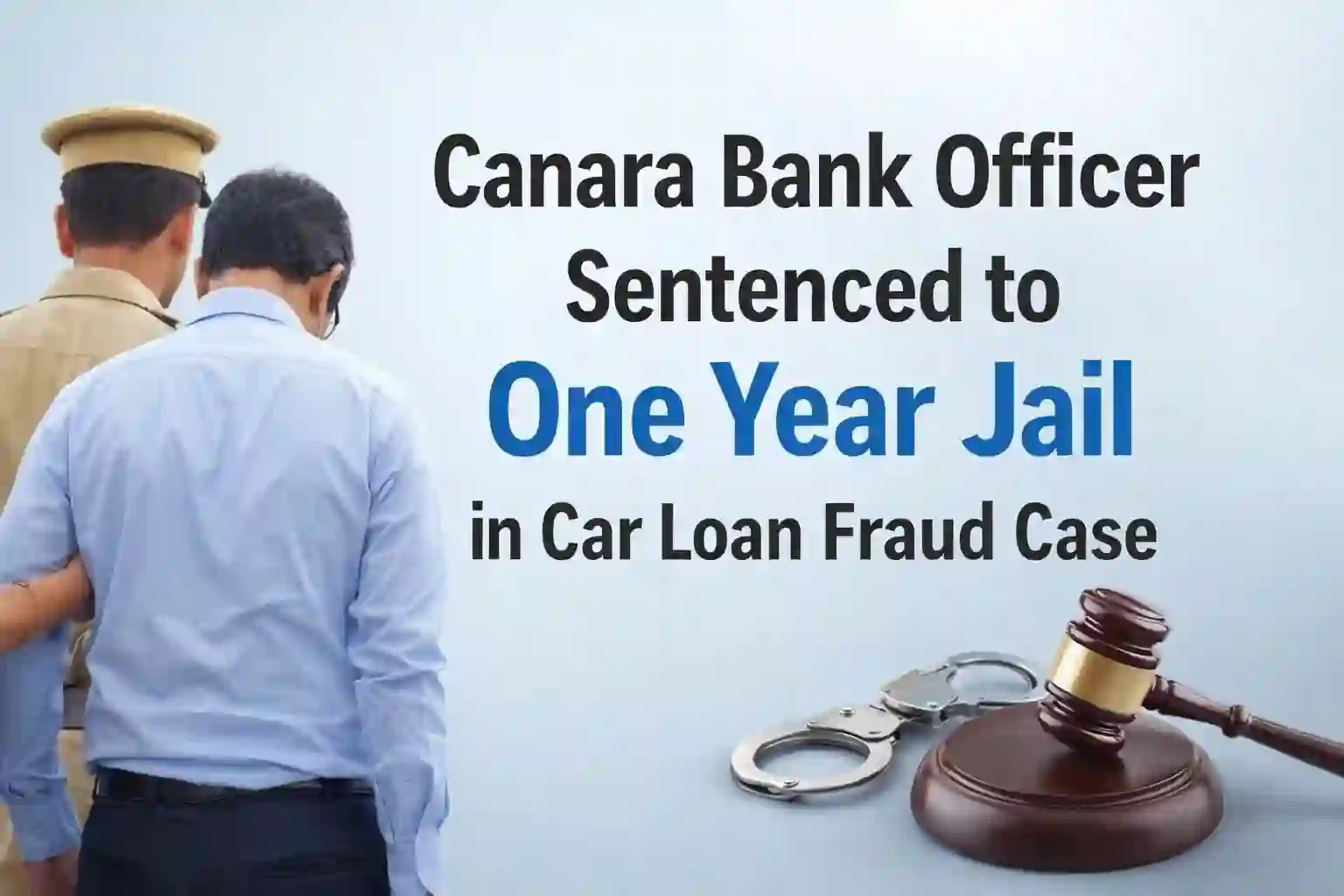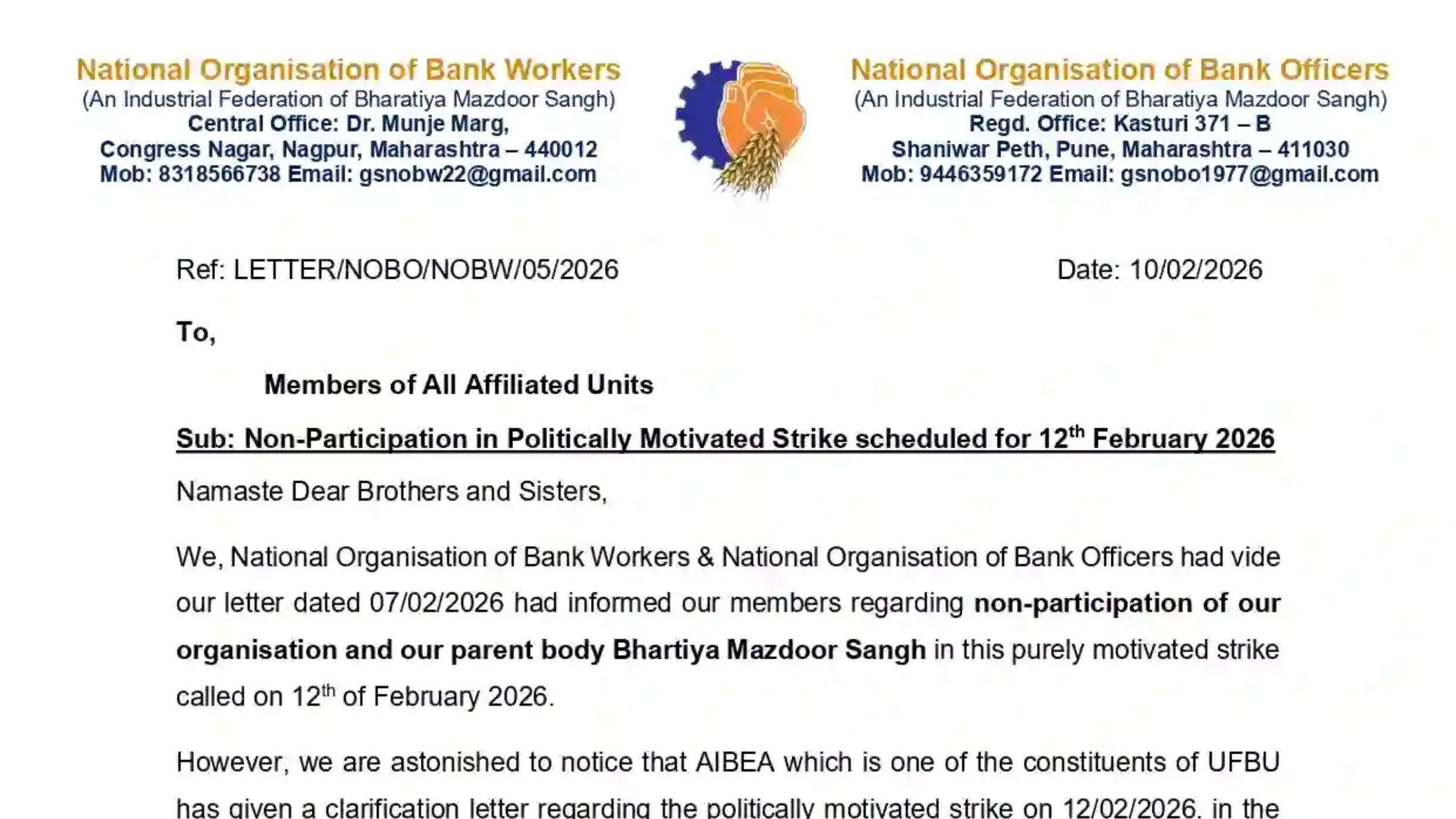Banks cannot refuse to give No Dues Certificate and also cannot Keep Property: Court

In an important decision, the Madras High Court has made it clear that banks cannot keep property documents or refuse to give a no dues certificate once a loan is fully paid off, even if the borrower is involved as a co-borrower or guarantor in another loan that is still unpaid.
What Happened in the Case?
The case involved a man named S. Balaji, who owned an LPG tanker lorry. He had taken a loan for this vehicle and paid off the entire loan amount along with interest. However, the bank — IndusInd Bank — refused to return his title deeds (official ownership documents) and did not issue the no dues certificate. The reason the bank gave was that Balaji was also a co-borrower or guarantor in another loan related to a different property, which had not yet been cleared.
Balaji challenged this refusal by filing a petition in the Madras High Court after the Banking Ombudsman supported the bank’s decision earlier in March 2024.
What Did the Court Say?
Justice D. Bharatha Chakravarthy ruled in favor of Balaji. The judge set aside the Banking Ombudsman’s order and directed IndusInd Bank to return the title deeds of the LPG tanker and issue the no dues certificate without any further delay.
At the same time, the court allowed the bank the right to approach the proper legal forum if they wanted to attach (take legal control over) the tanker lorry in accordance with the law. But the bank cannot simply withhold the documents just because of an unrelated pending loan.
Why Did the Court Reject the Bank’s Reasoning?
The bank had argued based on a clause in the loan agreement that allowed them to hold on to the property papers if the borrower had any outstanding loan elsewhere — basically a “lien” over all loans.
However, the judge pointed out a key legal principle: the bank’s right to link or combine loan accounts can only apply if the loans are in the name of the same person and in the same capacity. In this case, Balaji was the main borrower for the LPG tanker loan but was only a co-borrower or guarantor for the other loan. This means the bank cannot treat both loans as the same for the purpose of withholding documents.
The court explained that a co-borrower’s responsibility only arises if the principal borrower fails to repay the loan. Since Balaji had cleared his loan fully, the bank could not keep his documents hostage because of another loan where he was not the main borrower.
What Does This Mean for Borrowers?
This ruling is very important because it protects borrowers who have fully paid their loans. Banks cannot deny the return of property documents or refuse to issue no dues certificates just because the borrower has some other unpaid loan where they are only a co-borrower or guarantor. Each loan should be treated independently, and rights like holding title deeds must respect the legal roles of borrowers in different loans.






